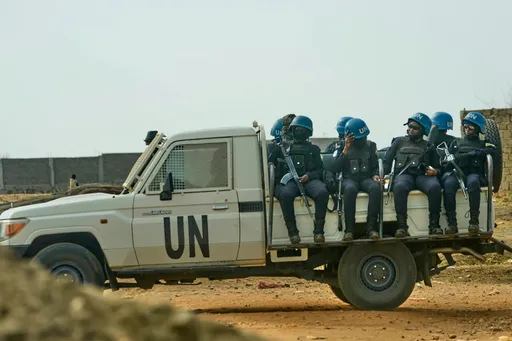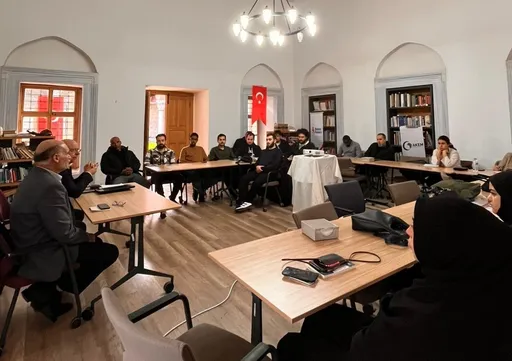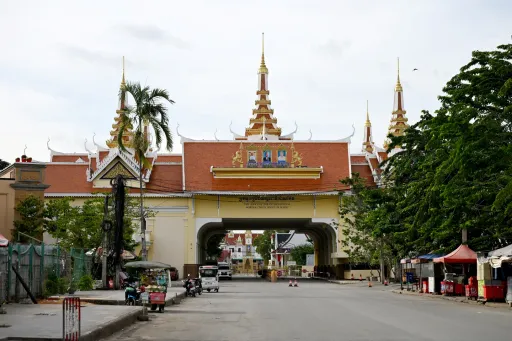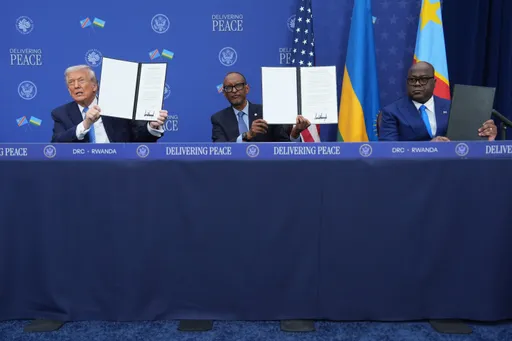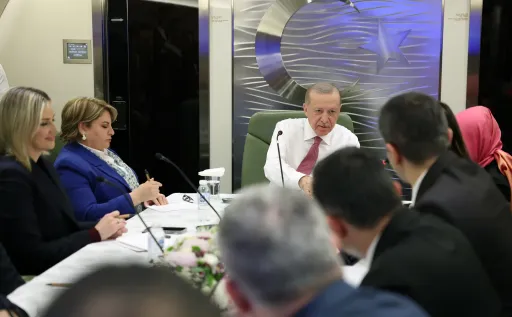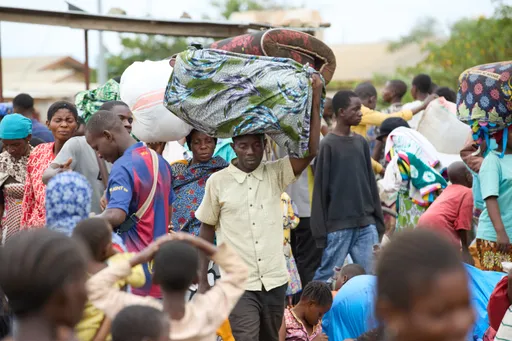Senegal's President Macky Sall was on Monday due to begin talks to end weeks of political turmoil and decide a date for a presidential poll he delayed but major political and social stakeholders are snubbing the event.
Sall has faced public outcry and growing calls to set an election date after he abruptly delayed the February 25 vote, triggering one of the West African country's worst crises in decades.
Sall has put off the decision until after talks with political and civil society figures from Monday, with the hope of reaching an agreement by late Tuesday.
Sall proposed that all the candidates in the presidential race should be included in the talks, as well as those who had been disqualified from standing.
Candidates snub call
He also invited civil society, religious and community leaders to the meeting, due to start 4:00 pm (local time and GMT) in the new town of Diamniadio, some 30 kilometres (19 miles) from the capital Dakar.
But 16 of the 19 candidates approved by the Constitutional Council to contest the election have said they will not take part.
Former prime minister Idrissa Seck also declined the invitation, reducing the number of qualified candidates willing to participate in the dialogue to just two.
The Aar Sunu Election (Protect Our Election) collective of over 100 civil society groups and personalities against the election delay also said they were boycotting the talks.
Power vacuum
The collective forms part of a widespread movement calling for a vote before April 2, when Sall's term in office expires.
Some fear a possible power vacuum if Sall were to leave the presidency before a successor was installed.
Others have accused him of playing for time, either to stay in power beyond his mandate or to benefit his political allies who fear defeat at the ballot box.
Sall has said he does not think a vote will be possible before his departure at the beginning of April.
Peace and reconciliation
Those opposed to his election dialogue are concerned it could be a means of starting the process from scratch, including a re-examination of candidacies.
Sall, who has been in power since 2012, is not running for a third term and has insisted his mandate will end as planned.
He has reiterated that he wants dialogue to promote peace and reconciliation after tensions flared during the pre-electoral process.
He says the proposed dialogue is aimed at reaching a "consensus" both on a new date and to determine what will happen after April 2.
Final say
Either the participants will reach an agreement and Sall will announce a new election date, or he will refer the matter to the Constitutional Council to have the final say, he said last week.
The election postponement plunged traditionally stable Senegal into turmoil and sparked unrest that has left four people dead.
The Constitutional Council, the country's top constitutional body, overturned the delay and called for the vote to be organised "as soon as possible."
One of the main beneficiaries of a fresh start to the electoral process would be Karim Wade, a former minister and son of ex-president Abdoulaye Wade.
'Constitutional coup'
The dispute over his disqualification from the presidential race triggered a chain of events, which led to the eventual postponement of the election.
A spokesperson from Wade's party confirmed that a representative would be taking part in the president's dialogue.
Sall said he delayed the election over disputes about the disqualification of potential candidates and over concerns about a return to unrest seen in 2021 and last year.
But the opposition denounced the last-minute move as a "constitutional coup".
Public opinion
In an apparent step towards pacifying public opinion, Cheikh Anta Diop University in Dakar reopened on Monday after being closed for months following political unrest.
Hundreds of imprisoned opponents have also been released in the last ten days.
➤ Click here to follow our WhatsApp channel for more stories.









